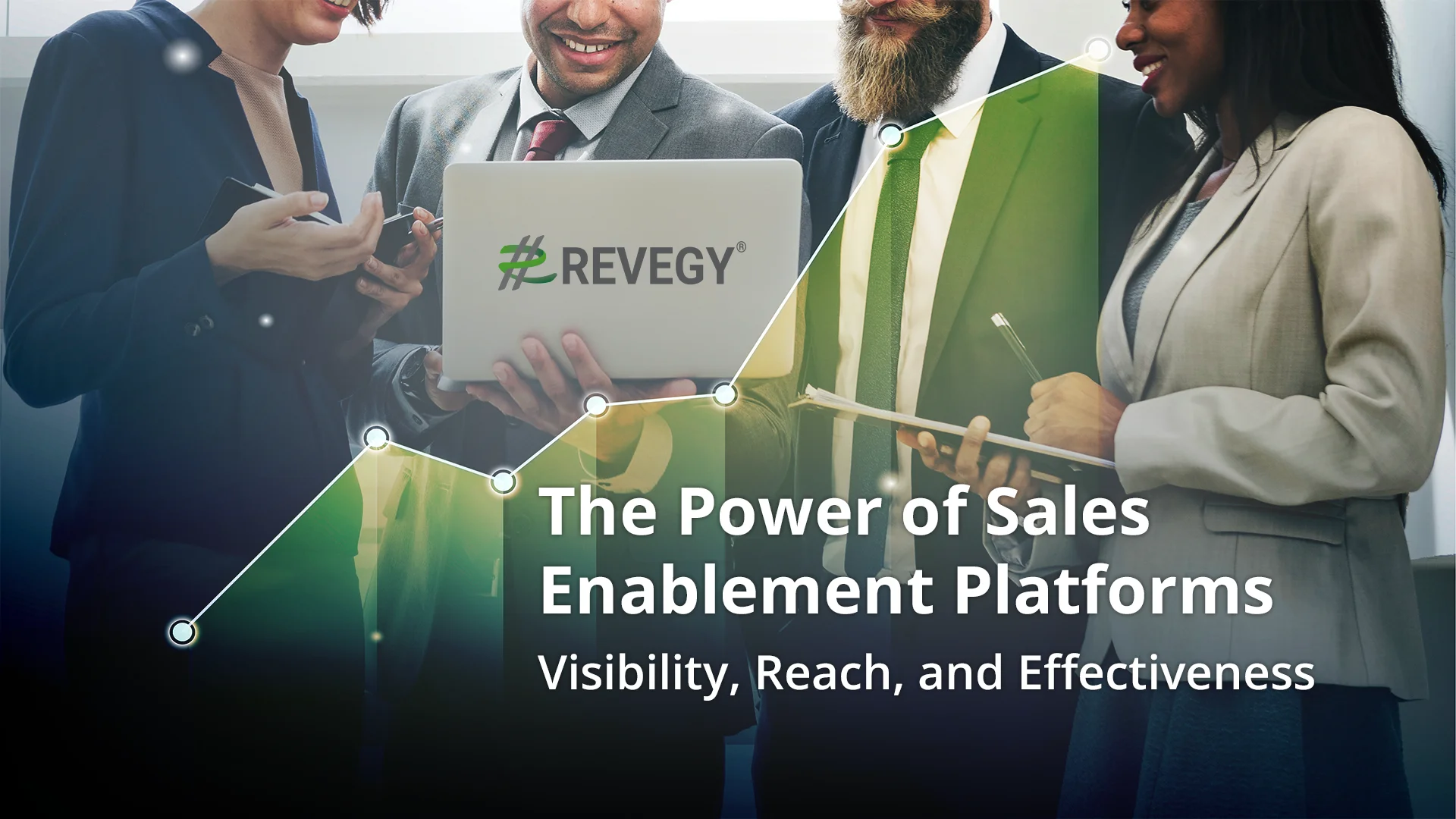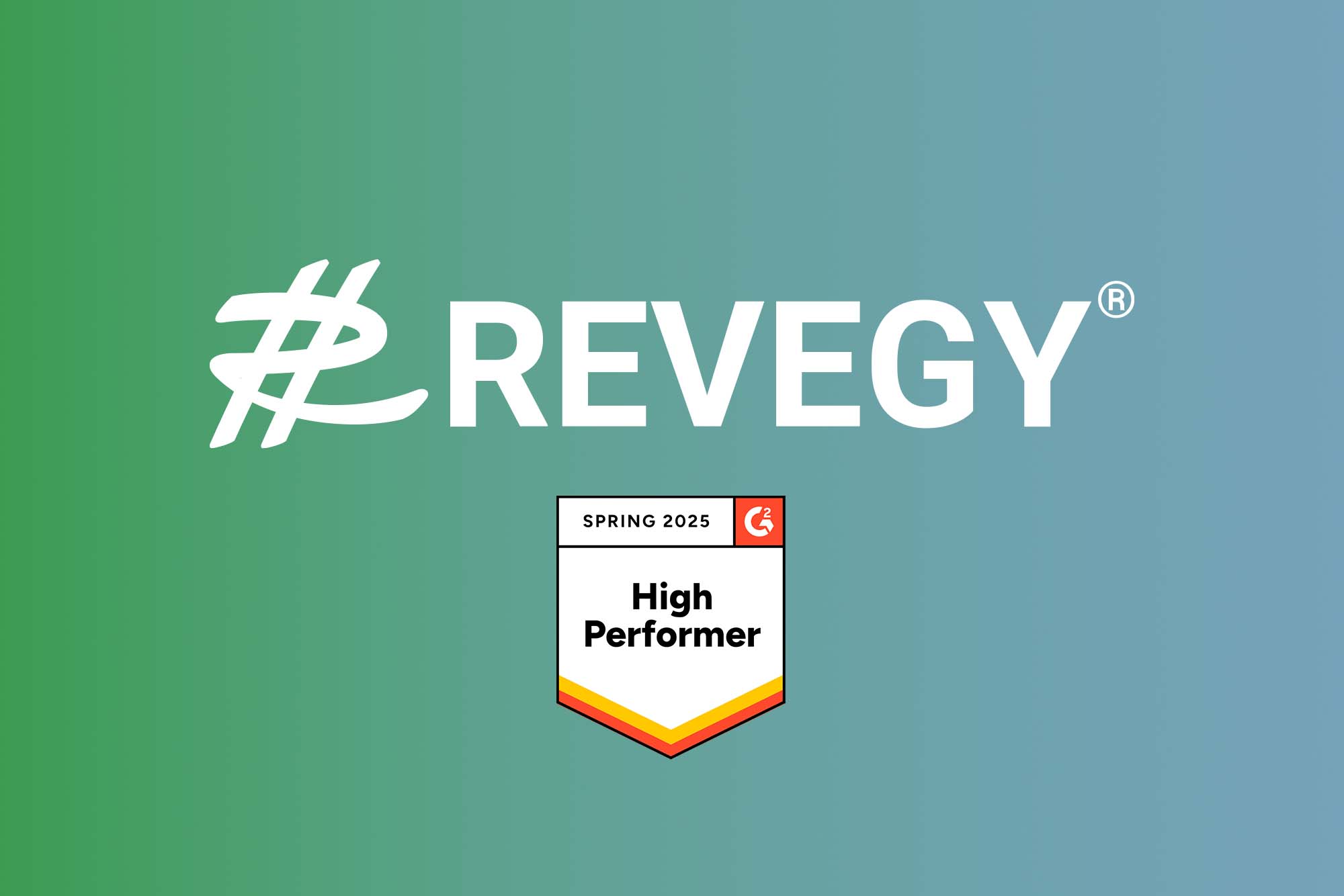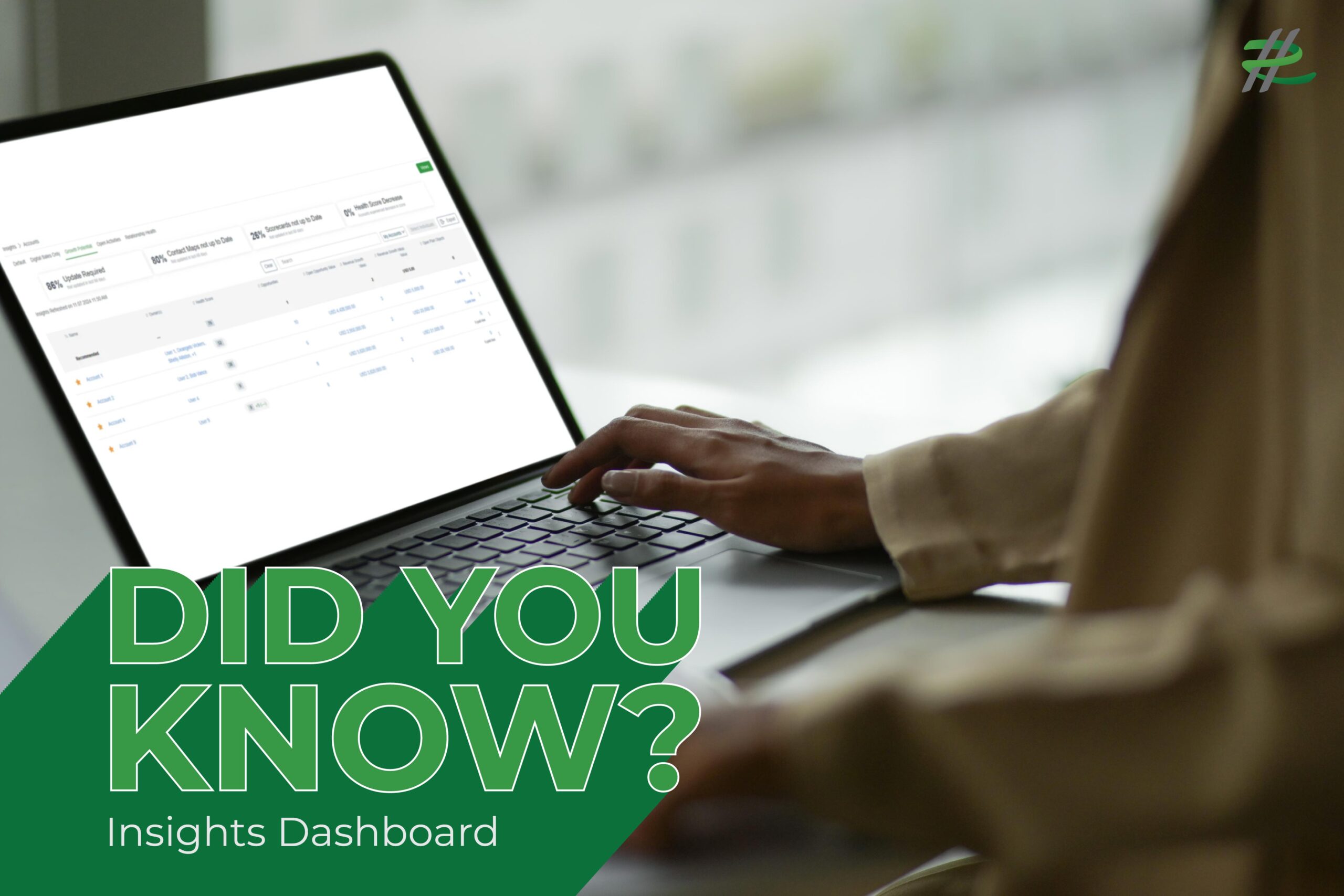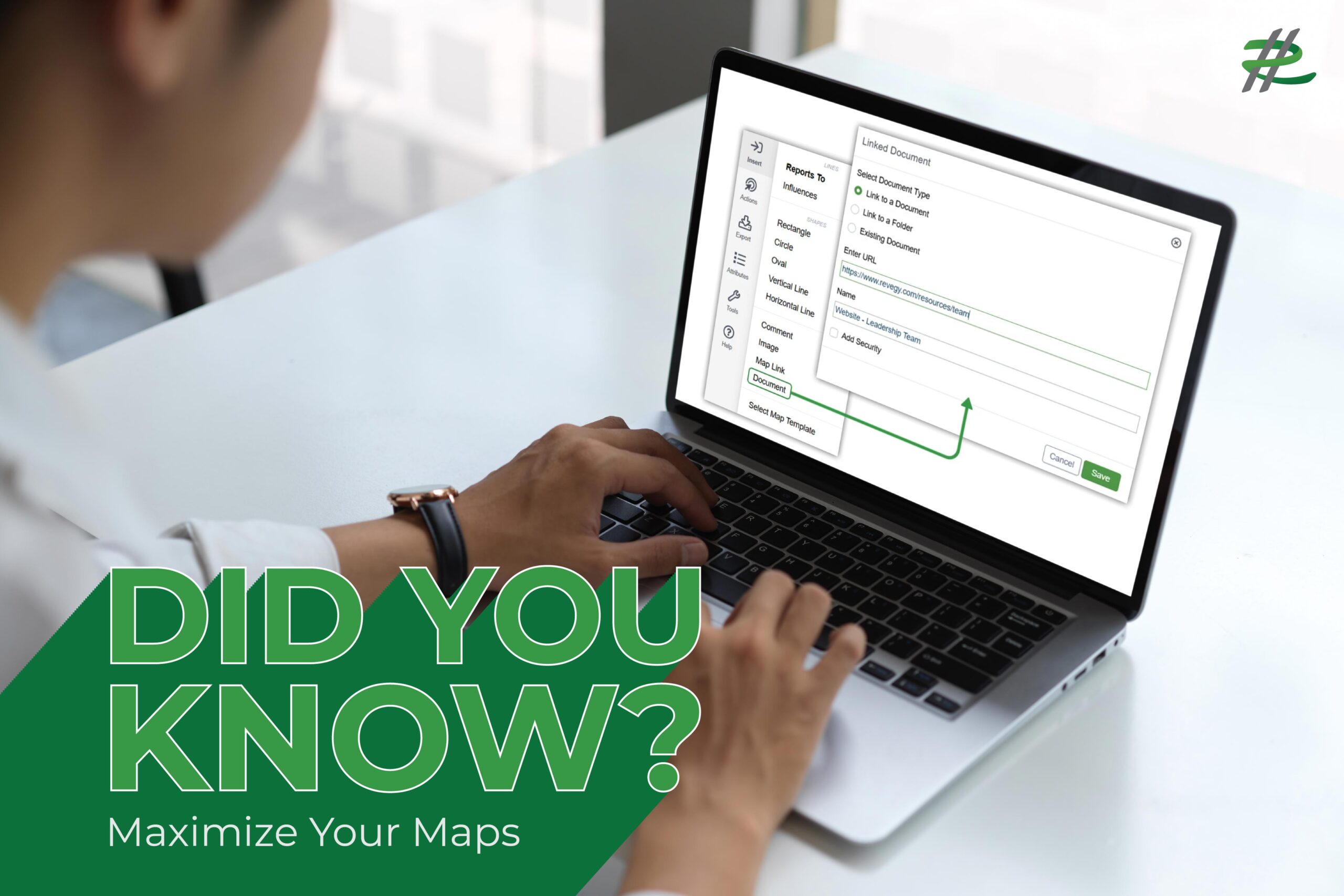Every salesperson and operations leader knows that leveraging technology to streamline sales processes and enhance team performance is essential. In this context, sales enablement platforms have emerged as a cornerstone of this technological shift, helping sales teams to improve their efficiency and effectiveness, increase visibility and accountability, and support company growth. This article aims to answer some key questions about what sales enablement platforms are, their goals, and how Revegy stands out as a prime example of such a platform.
What is a Sales Enablement Platform?
A sales enablement platform is a suite of tools that equips sales teams with the necessary resources, content, and information to sell more effectively. The primary objective of these platforms is to ensure that salespeople have timely access to the data and collateral they need to engage prospects effectively at every stage of the sales process. This includes content management, CRM integration, analytics, and coaching tools, all designed to streamline the sales cycle and improve outcomes.
Historical Context: Evolution of Sales Enablement
The concept of sales enablement has evolved significantly over the years. Originally, sales enablement was about providing salespeople with brochures and product information. However, with the advent of digital technology, it has transformed into a dynamic and data-driven approach. Modern sales enablement platforms now integrate advanced analytics, AI, and automation to support every aspect of the sales process.
An Example of a Sales Enablement Platform: Revegy
Revegy, a leading sales enablement platform, exemplifies how technology can transform sales strategies. With its comprehensive set of tools, Revegy allows sales teams to plan, execute, and optimize their sales processes more efficiently. One of the key strengths of Revegy is its seamless integration with a wide array of CRM systems. This versatility ensures that organizations can enhance their existing CRM investments by overlaying Revegy’s advanced sales visualization and planning tools.
While CRM (Customer Relationship Management) systems are crucial for managing customer interactions and data, they do not encompass the full scope of sales enablement strategy. CRM systems primarily focus on customer data management and interaction tracking, whereas sales enablement platforms like Revegy offer additional capabilities such as relationship mapping, whitespace identification, strategic account planning, and performance analytics which are critical for effective sales execution.
The Goal of Sales Enablement Software
The ultimate goal of a sales enablement platform is to empower customer-facing teams to sell more effectively by fostering seamless collaboration across the entire team. This is achieved by integrating a multitude of information—from scattered CRM data to insights that typically reside in the minds of salespeople—into a single, cohesive view. Revegy excels in providing sales professionals with streamlined access to comprehensive, up-to-date sales content, data-driven insights, and robust tools for strategic planning. This centralized approach not only enhances the quality of engagements with prospects but also aims to significantly shorten the sales cycle and increase sales conversions by aligning all team members under a unified strategy. With such powerful capabilities at their fingertips, teams are better equipped to navigate the complexities of modern sales environments and drive successful outcomes together.
Key Features of Sales Enablement Platforms
The Role of Visual Stakeholder Maps in Sales Enablement
Visual stakeholder maps are a critical component of sales enablement, and platforms like Revegy excel in this area. These maps provide sales teams with a clear visualization of the relationships and power dynamics within a customer organization. By understanding who the key decision-makers are, their priorities, and their influence levels, sales professionals can tailor their approaches to resonate more effectively with each stakeholder. This strategic alignment significantly enhances the likelihood of closing deals by addressing the specific needs and concerns of each influencer in the decision-making process.
Enhancing Visibility with Sales Enablement Platforms
Visibility in sales refers to the ability of sales managers and teams to have clear insights into the sales process, customer interactions, and overall sales performance. Enhanced visibility allows for better decision-making and more effective sales strategies.
How Sales Enablement Platforms Provide Insights into Customer Behavior
Sales enablement platforms offer advanced analytics that track customer interactions and behavior across multiple touchpoints. This data helps sales teams understand customer needs, preferences, and pain points, allowing them to effectively tailor their approach.
Real-Time Data Tracking and Analytics
With real-time data tracking, sales teams can monitor the progress of sales opportunities as they happen. This capability ensures that sales representatives can react quickly to changes and make informed decisions based on the latest data.
Expanding Reach through Sales Enablement
Reach in sales refers to the ability of a business to extend its market presence and engage with potential customers across various channels and geographies.
Utilizing Sales Enablement Tools to Identify and Target New Markets
Sales enablement platforms help identify new market opportunities by analyzing market data and customer demographics. These tools can highlight underserved segments and regions, allowing businesses to expand their outreach effectively.
Role of Content Management and Distribution in Extending Reach
Effective content management and distribution are critical for extending reach. Sales enablement platforms ensure that the right content is delivered to the right audience at the right time, increasing engagement and interest from potential customers.
Boosting Effectiveness of Sales Teams
Sales effectiveness refers to the ability of a sales team to convert leads into customers and maximize revenue. It encompasses various aspects, including sales skills, strategies, and processes.
Training and Onboarding Features of Sales Enablement Platforms
Sales enablement platforms offer comprehensive training and onboarding programs. These features help new hires get up to speed quickly and ensure continuous learning for existing team members, keeping them updated with the latest sales techniques and product knowledge.
Impact of Streamlined Processes and Automation on Sales Efficiency
Automation and streamlined processes reduce the administrative burden on sales teams, allowing them to focus more on selling. Features such as automated follow-ups, lead scoring, and task management improve overall sales efficiency and productivity.
Metrics for Measuring Sales Effectiveness Improvement
Key metrics for measuring improvements in sales effectiveness include:
- Conversion Rates: The percentage of leads that turn into customers.
- Sales Cycle Length: The time it takes to close a deal.
- Revenue Growth: Increase in sales revenue over a period.
- Customer Acquisition Cost (CAC): The cost associated with acquiring a new customer.
Integration with Existing Systems
Importance of Seamless Integration with CRM and Other Tools
Seamless integration with CRM and other enterprise tools is crucial for the effectiveness of sales enablement platforms. It ensures that data flows smoothly across systems, providing a unified view of customer interactions and sales activities.
Benefits of Having a Unified Sales Ecosystem
A unified sales ecosystem enhances collaboration, improves data accuracy, and provides comprehensive insights into the entire sales process. This integration leads to better alignment between sales and marketing, resulting in more effective strategies and higher sales performance.
Future Trends in Sales Enablement
Emerging Technologies (AI, Machine Learning, etc.)
Emerging technologies such as artificial intelligence (AI) and machine learning are set to revolutionize sales enablement. These technologies can provide predictive analytics, automate routine tasks, and deliver personalized content recommendations.
Predictions for the Evolution of Sales Enablement Platforms
Sales enablement platforms will continue to evolve, becoming more intelligent and intuitive. Future platforms will offer enhanced predictive capabilities, more sophisticated automation, and deeper integration with other business systems.
How Businesses Can Stay Ahead with Upcoming Trends
To stay ahead, businesses should:
- Invest in Training: Ensure that sales teams are trained to use new technologies effectively.
- Stay Agile: Be prepared to adapt quickly to new tools and processes.
- Leverage Data: Continuously analyze data to refine sales strategies and improve performance.
Sales enablement platforms like Revegy are invaluable in today’s competitive market. By integrating seamlessly with various CRM systems and enhancing them with robust sales planning and execution tools, Revegy helps sales teams navigate complex sales landscapes more effectively. Whether through advanced analytics, strategic planning tools, or visual stakeholder mapping, Revegy ensures that sales teams are fully equipped to turn opportunities into successful outcomes.





